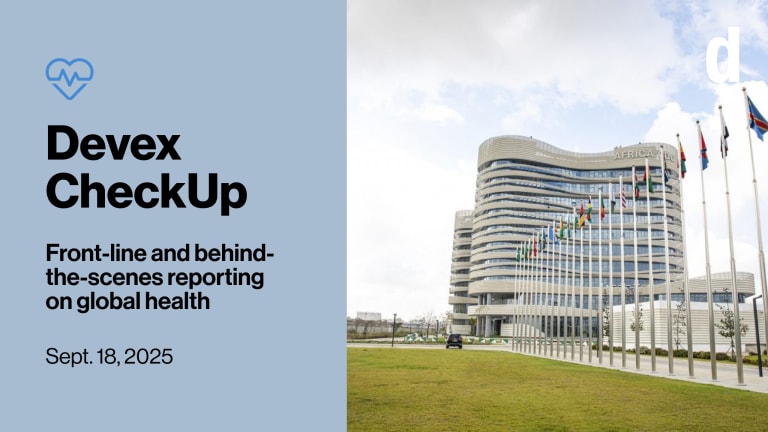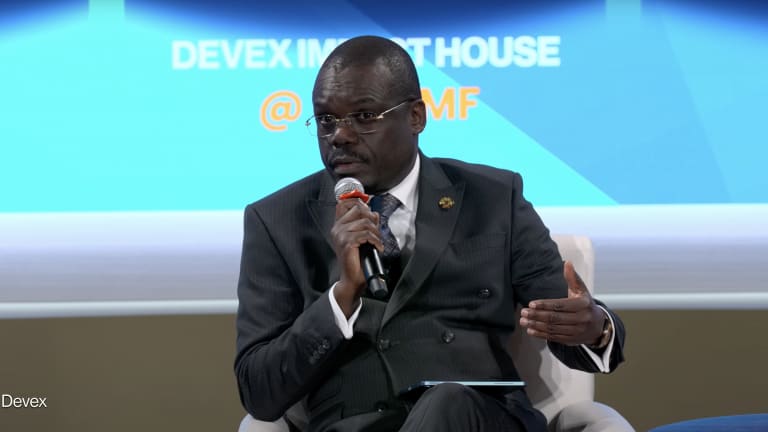The African continent is facing an unprecedented surge of mpox cases — with a worrying spread to countries which previously haven’t reported instances. With this in mind Dr. Jean Kaseya Director-General of the Africa Centres for Disease Control and Prevention declared the disease a public health emergency of continental security on Tuesday.
The declaration “is not merely a formality” but a call to action to enhance the global response, mitigate the impact of the health threat, and protect public health while minimizing disruptions to travel and trade, Kaseya said.
“It’s a recognition that we can no longer afford to be reactive. We must be proactive and aggressive in our effort to contend and eliminate this threat,” he said.
Printing articles to share with others is a breach of our terms and conditions and copyright policy. Please use the sharing options on the left side of the article. Devex Pro members may share up to 10 articles per month using the Pro share tool ( ).









